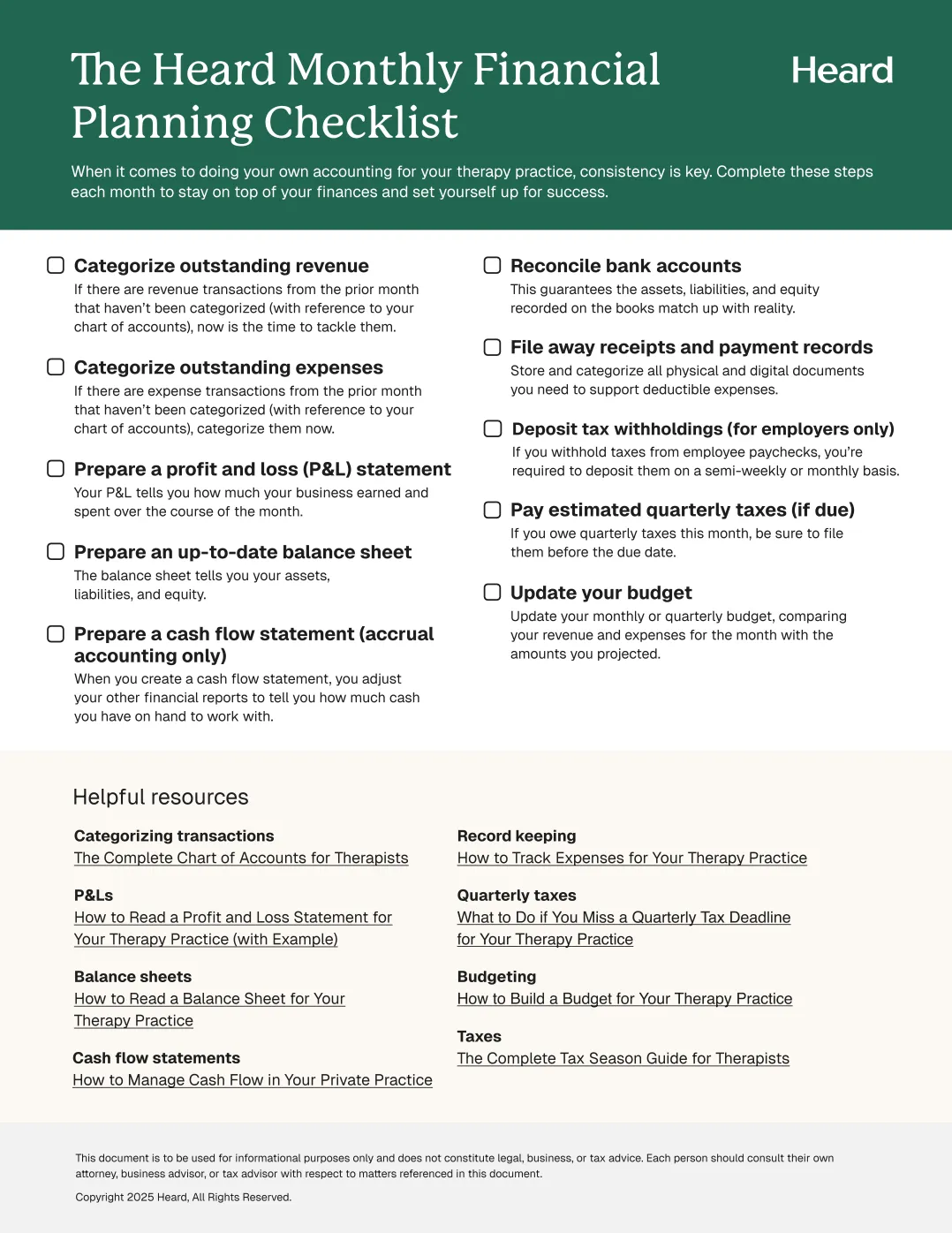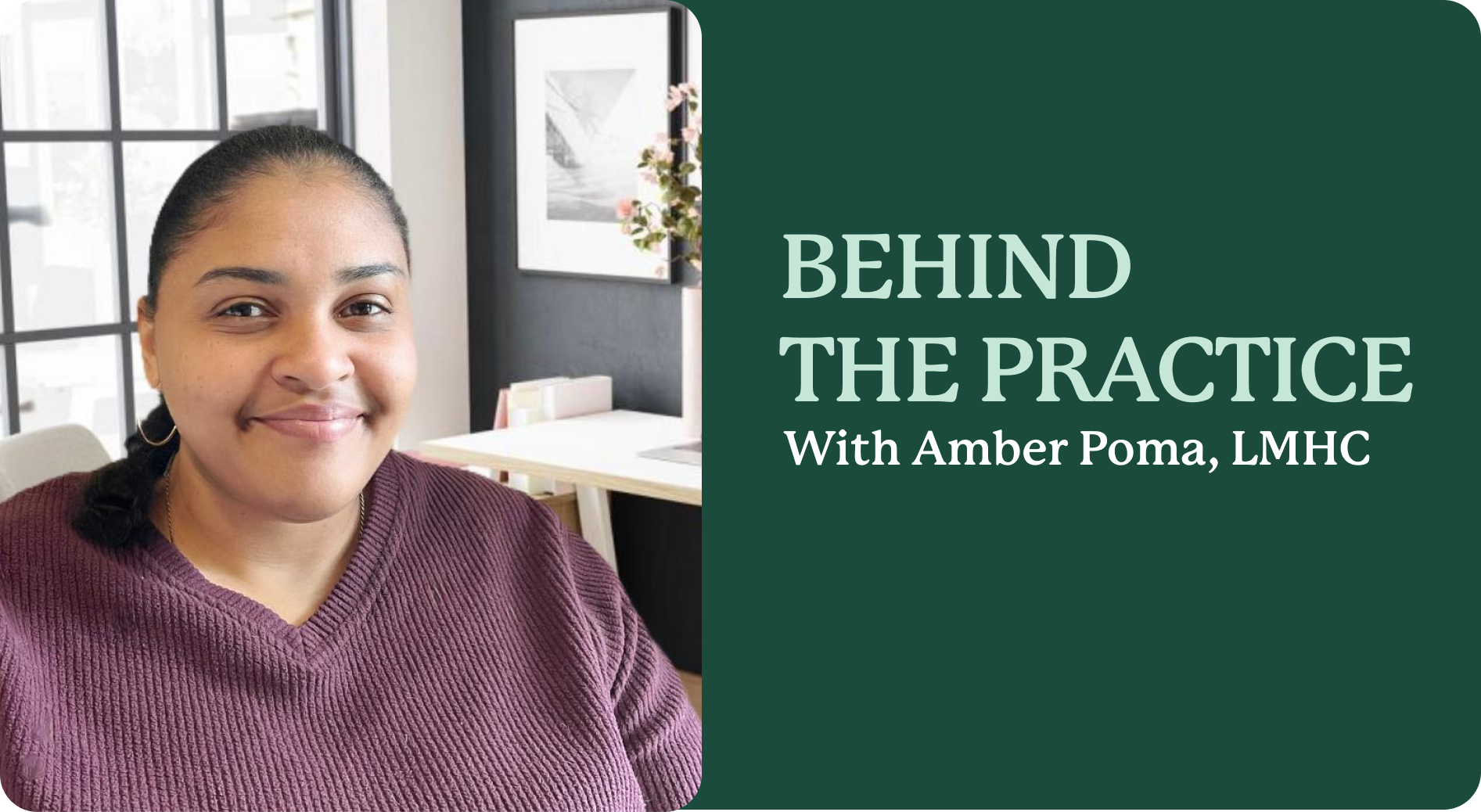After getting licensed as a marriage and family therapist (LMFT) three years ago, I was deciding whether or not to join a group practice, get a full-time job at a non-profit agency, take a job in public mental health, or go out on my own in solo practice.
I was close to joining a group practice, but after completing my hours for licensure by getting paid in hours completed, not hours earned for money, the group practice offer seemed like a bleak one.
They offered to pay me a maximum of $36 per client hour. I was shocked by this offer, especially after five years of working my butt off for free. I remember the director of the non-profit agency asking me why I declined the offer. I was upfront and honest. I said, “Because it doesn’t pay enough.”
This was my first job offer since getting licensed and I remember telling myself to take more time to decide what is the best business fit for me in my career path as a therapist. I didn’t need to rush into a commitment like in graduate school just to get the hours needed for licensure. This is my future and my career. I am worth taking time to decide what is the best decision for me.
After about a month of looking at more job possibilities, I decided to try solo practice. I had worked as a freelance news producer in my first career in broadcast television, so I knew what it was like to hustle to make a name for myself to get more gigs. I also knew how to organize and keep track of my professional receipts for taxes as an independent contractor.
Now, all I had to do was get all my ducks in a row to launch my private practice as a LMFT.
Here are the five things I learned from running a solo practice the last three years, even during a pandemic.
{{resource}}
Take the time you need to create the business you want
Give yourself more time than you think you’ll need to get your practice ready to start seeing clients. It takes time to make a website, create your therapy and business forms, setting up an electronic health record (EHR) system. It also takes time to build a practice to where you want it.
I feel after three years of being in private practice, I am close to where I want my practice as far as the number of clients that I see per week. I’ve decided not to take insurance. I accept only cash paying clients, which has taken more time to build a referral base for myself.
Also, I am venturing out to build new income sources like blogging and writing email courses.
Make a commitment to yourself and to your business
It takes personal commitment to yourself and to your business. I find it like taking care of a baby.
“You have to nurture your business and care for it, if you want it to grow. If you neglect it, do not expect your business to grow. When you give it love and attention, then all sorts of wonderful things can and will happen.”
I’ve noticed, when I have a huge shift in my personal life, then my professional life also takes a shift. It’s like a new and bigger space is created within me which allows for a new and bigger space in my professional life.
For instance, I’ve been working on intergenerational family issues in my own personal therapy. When I’ve had breakthroughs in my own healing, new breakthroughs happen in my professional career and business like opportunities to do consulting work and lead process groups.
Invest money to make money
Not only do you have to invest time and commitment to your business as mentioned above, but also money. It’s taken me awhile to succumb to the fact that I have to spend money to make money.
Now, I am okay with spending money on my business. Not everyone may agree with that, but I have made the money back that I have invested in my business to create a professional presence in the field of mental health.
For example, I hired a professional web designer to create my website and hired a professional photographer to take professional headshots. I’ve also hired Heard for my business bookkeeping and taxes.
{{resource}}
Listen to your intuition
Take your own advice. Listen to your intuition. As you get started in building your business and throughout your career, you will hear and get bombarded with business coaches on which is the best business model for therapists. They may all sound good and you may need to try a few out before you make a decision on which business strategy is best for you.
I tried a couple of business coaches who specialize in helping therapists only to realize that the way I want to do business for myself doesn’t fully fit those business models. I felt like the odd therapist out, but staying true to myself allowed me to be me and not conform to someone or something I’m not. I did that most of my life (conforming to other people’s values).
As a business person, I’ve learned that I need to follow my intuition, which may look to others as standing out from the crowd. By following my intuition, I stay true to myself, therefore, I am able to follow my heart and passion for helping others as a mental health professional.
Surround yourself with people who support and encourage you
I remember when I started graduate school, my advisor told me that I may need to let go of friendships/relationships of people who do not support me in my endeavor to be a therapist. And she also said to surround yourself with people who support and encourage you.
Now having been through the process myself, I’m talking about people who wholeheartedly support your passion, determination and yes, your obligations and commitments to your career.
Surround yourself with people who are going to lift you up and encourage you when the going gets tough and when you are ready to give it all up. The going will be tough at times, but that is just a part of life. We have the ups and the downs, the peaks and the valleys.
Enjoy the peaks and ride the valleys as best as you can. Remember it’s not about the end point, it’s about the journey that got you there! Here’s to you running the best solo practice ever!
—
Lisa Lewis has gained extensive training in the mind-body connection with three certificates in energy healing, Level 2 Reiki certified, and a masters degree in Marriage and Family Therapy. She is also part of the Disaster Mental Health Team for the world’s largest volunteer network, the American Red Cross. Lisa works with clients on issues of anxiety, depression, trauma, and highly sensitive. She is a certified Bereavement Group Facilitator so she has a passion for helping those in need. Get in touch with Lisa at lisa@lisalewiscounseling.com or call her for a free consult: 626.319.5076.
This post is to be used for informational purposes only and does not constitute legal, business, or tax advice. Each person should consult their own attorney, business advisor, or tax advisor with respect to matters referenced in this post.
{{cta}}
Manage your bookkeeping, taxes, and payroll—all in one place.

Discover more. Get our newsletter.
Get free articles, guides, and tools developed by our experts to help you understand and manage your private practice finances.





